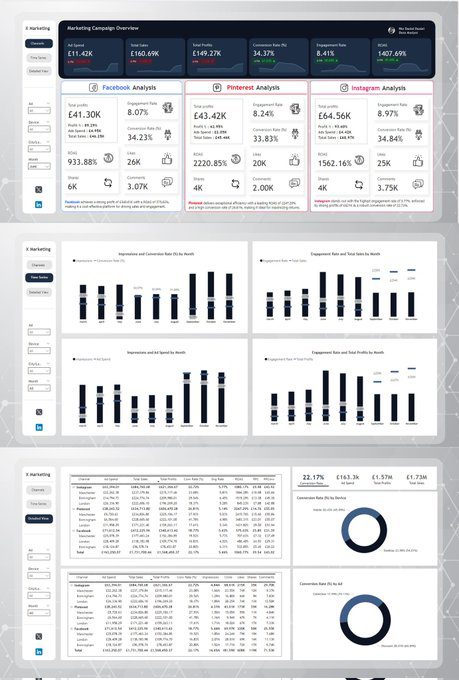The Role of AI in Data Analytics
The advent of Artificial Intelligence (AI) in data analytics has sparked a significant debate: Are data analysts still needed? With AI tools that can analyze data, create dashboards, and even suggest decisions, this question is more relevant than ever. AI is indeed amazing at speeding up repetitive tasks and spotting patterns that humans might miss. However, it is not replacing human analysts anytime soon, and here’s why:
AI Doesn’t Understand Context
AI can crunch numbers, but it doesn’t get the bigger picture of a business or its goals. This lack of contextual understanding means that while AI can process data efficiently, it cannot interpret the data in the context of the business environment. Human analysts are essential for understanding the nuances and complexities of business goals and strategies.
Bias in AI Models
AI models learn from data, and if the data is biased, so are the results. This inherent bias in AI models can lead to skewed insights and decisions. Human intervention is crucial to identify and correct these biases, ensuring that the data analysis is fair and accurate.
The Importance of Storytelling
AI can provide numbers, but it cannot tell the story behind them. Data analysts excel in storytelling, which is essential for presenting data in a way that is understandable and actionable for decision-makers. This human touch is irreplaceable, as it involves creativity and critical thinking that AI lacks.

The Downside of Over-Reliance on AI
While AI has numerous advantages, over-relying on it can have downsides. One significant issue is the potential loss of foundational skills. With the convenience of AI tools like ChatGPT, there is a risk that individuals may neglect to develop essential analytical skills. This dependency can lead to a decline in critical thinking and decision-making abilities.
The Risk of Deskilling
Over-reliance on AI for tasks that require human judgment and creativity can lead to deskilling. This phenomenon is particularly concerning in scientific research, where heavy dependence on AI can result in researchers losing their ability to think critically and creatively. For more insights on this topic, you can read about why relying heavily on AI for scientific discovery can lead to deskilling of human researchers.
Ethical Considerations
The ethical implications of AI are significant. Issues such as job displacement, potential bias in AI algorithms, and the misuse of AI for malicious purposes are critical concerns. It is essential to develop and deploy AI responsibly, ensuring that it benefits society without causing harm. For a deeper understanding of the ethical considerations, you can explore the article on AI’s role in job cuts and the ethical implications.

The Future of AI in Data Analytics
The integration of AI in data analytics is inevitable and will continue to evolve. However, it is crucial to view AI as a tool to enhance human capabilities rather than replace them. By leveraging the strengths of both AI and human analysts, businesses can achieve more accurate and insightful data analysis.
Balancing AI and Human Expertise
The key to successful data analytics lies in balancing AI and human expertise. AI can handle large datasets and perform complex calculations quickly, while human analysts can provide context, identify biases, and tell compelling stories with the data. This collaboration ensures that data analysis is both efficient and meaningful.
The Need for Continuous Learning
As AI continues to advance, it is essential for data analysts to keep up with the latest developments and continuously improve their skills. This includes understanding how to work with AI tools and interpreting their outputs effectively. For more information on how AI is reshaping industries, you can read about the AI financial results paradox and how AI is getting cheaper but won’t fix everything.
Related Articles
- Why AI is Not a Threat to Knowledge Workers
- How AI is Revolutionizing B2B Data Analytics
- Why Embracing AI is Essential for Modern Book Publishers
- AI Classes Online: Your Ultimate Guide to Mastering Artificial Intelligence
- What You Need to Know About Artificial Intelligence
Looking for Travel Inspiration?
Explore Textify’s AI membership
Need a Chart? Explore the world’s largest Charts database
